Susi Sanchez AIA

Principal/Founder, UX Architecture Studio
As the BSA celebrates the 2021 BSA Design Award winners, we are featuring profiles on individuals who served on the 2021 Design Award juries. The awards recognize remarkable achievements in architecture that serve as inspiration for practitioners, and elevate the potential for the positive impact that architecture has on our quality of life.
Tell us about your path to architecture and how it has impacted your career.
I was drawn to architecture for its melding of artistic expression and pragmatic solutions. After receiving my first professional degree in Architecture, I was drawn to work at firms (Steven Holl Architects and EMBT) that flexed those artistic muscles to create spaces that not only solved programmatic problems, but also made you feel the experience and communication between space and user. I honed this craft while at Charles Rose Architects (CRA) for 15 years before establishing my own practice, UX, named after this priority in my design work—the user experience.
What are your professional interests and what are you working on now?
As a minority-owned and woman-owned business, UX is keenly aware of and concerned with issues of inequity. A goal of my practice is to make design services and design outcomes more accessible to an economically diverse population. We have most recently done this through a project with the City of Boston Main Streets program and concept design for transforming the City of Malden's former courthouse into an arts and culture center.
What interested you in becoming an awards juror?
Being an awards juror is always a fresh opportunity to learn about the different ways awards selections are made (and maybe to learn how biases are manifest in the system); and I was excited for the opportunity to participate in in-depth discussions about the work with my peers.
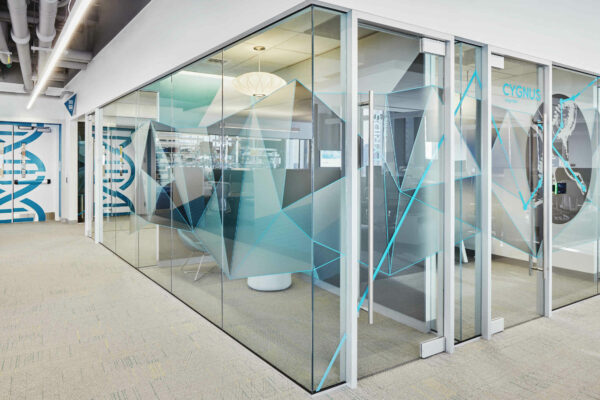
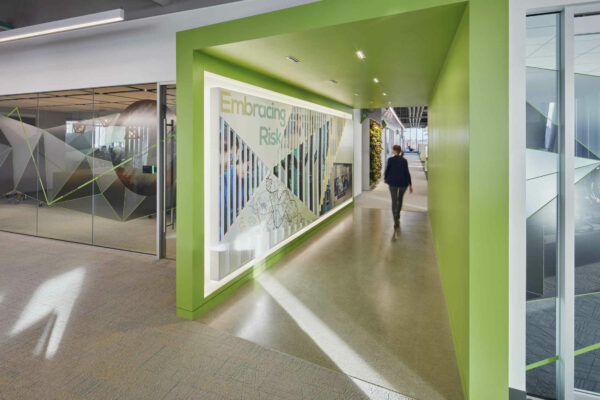
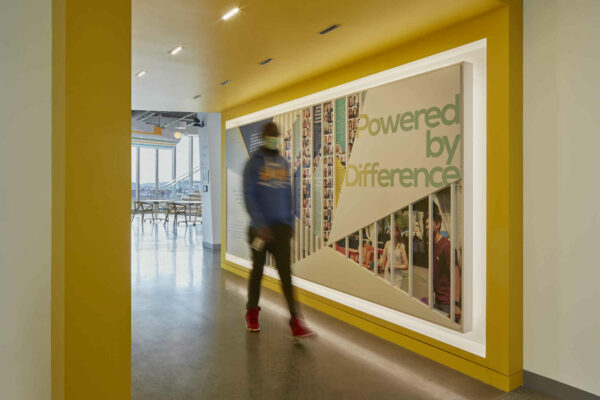
Photography: Jane Messinger
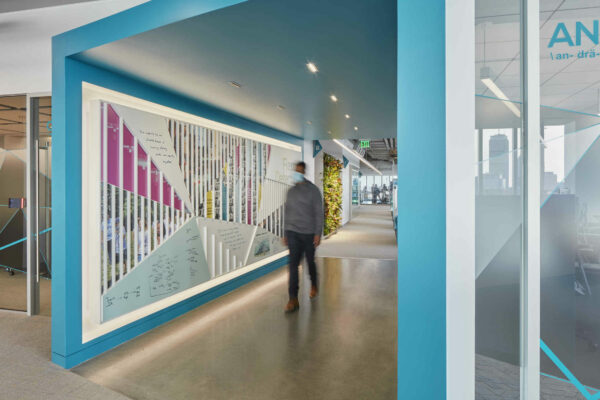
Interior Architect: Perkins & Will
What expertise are you excited to bring to this role?
As a designer with experience in a broad range of projects, I was excited to evaluate a category that included a diverse range of project scope and types. In addition, I believe more minoritized populations should be participating in these spaces and in this type of role—especially in an industry whose leadership is still largely refereed by white men.
What do you think is the most important aspect of a successful project?
A successful project responds to users’ needs directly and effectively. It leaves a place better than it was before. It provides a healthy place to work, to learn, and to live. The most successful projects allow people to thrive, find connection, and even feel joy.
What does “design excellence” mean to you?
Design excellence means thoughtful, innovative, and inclusive design that advances the role of architecture and design throughout the world—not just the most privileged corners of the world. Design excellence provides proof that design is important and needed in our lives.
Why do design awards matter?
Design awards matter when organizations use them to redefine excellence, merit, and prestige for a more diverse and inclusive world. At their best, they provide recognition and opportunity for 21st century values.
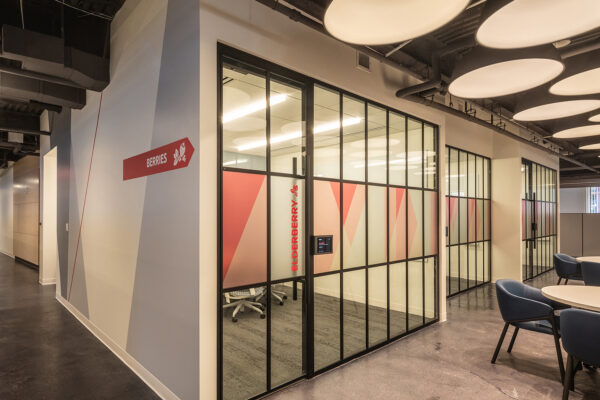
Collaborator: Fort Point
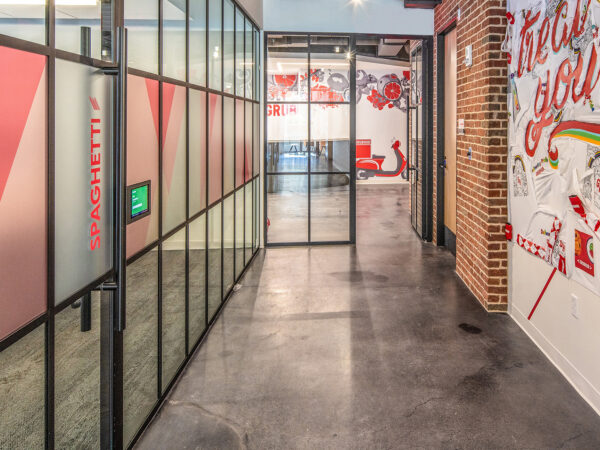
Photography: Merrill Shea
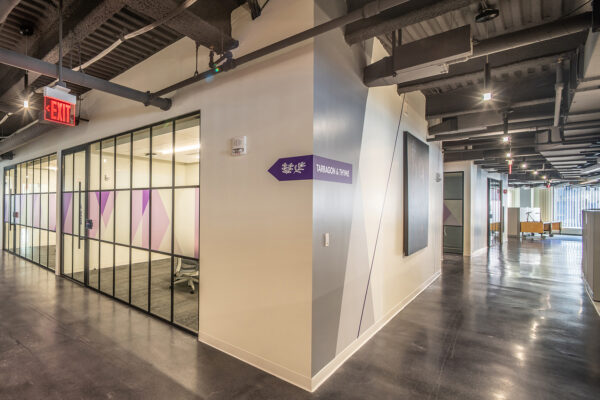
Interior Architect: Stantec
If you could create any Design Awards category—realistic or fantastic—what would it be?
“Best Pro-Bono Work” could inspire more firms to take on socially conscious pro-bono work for communities and non-profit organizations who have a right to good design.
Have you won any award(s) from the BSA or another establishment? What elements from that project would you like to see shape the future of the profession?
With CRA, several projects for which I was the Project Architect won BSA awards. And while at SHA, I spent 2 years working on the award-winning Nelson Atkins Museum of Art and Simmons Hall at MIT. What I have taken from those experiences is that more women in leadership positions would reshape the future of our profession.
What do you see as the largest barrier to equity in the profession and solutions you'd like to see?
The obstacles to opportunities for architect-entrepreneurs (especially the minoritized) because of the aversion to risk by those in power.
What is your favorite Boston-area building or structure?
The Cambridge Public Library.

